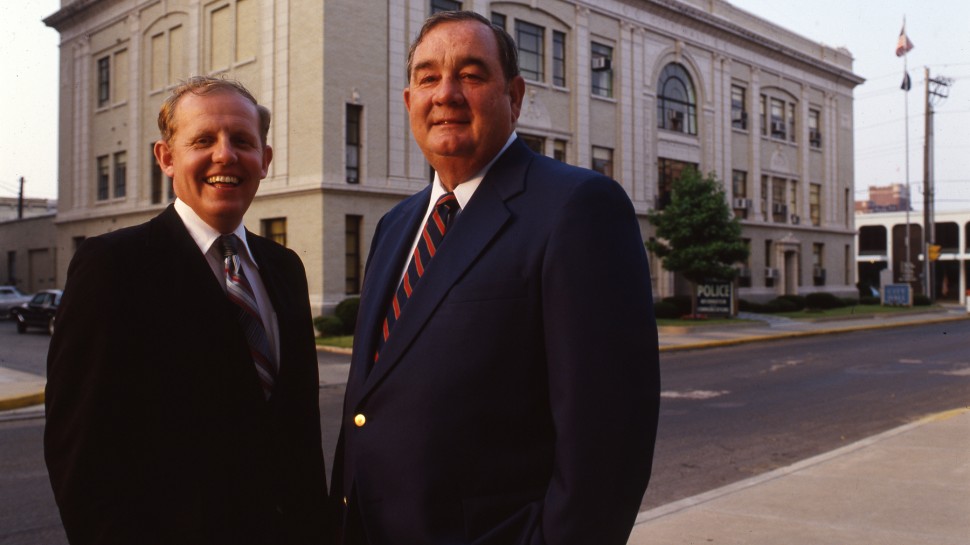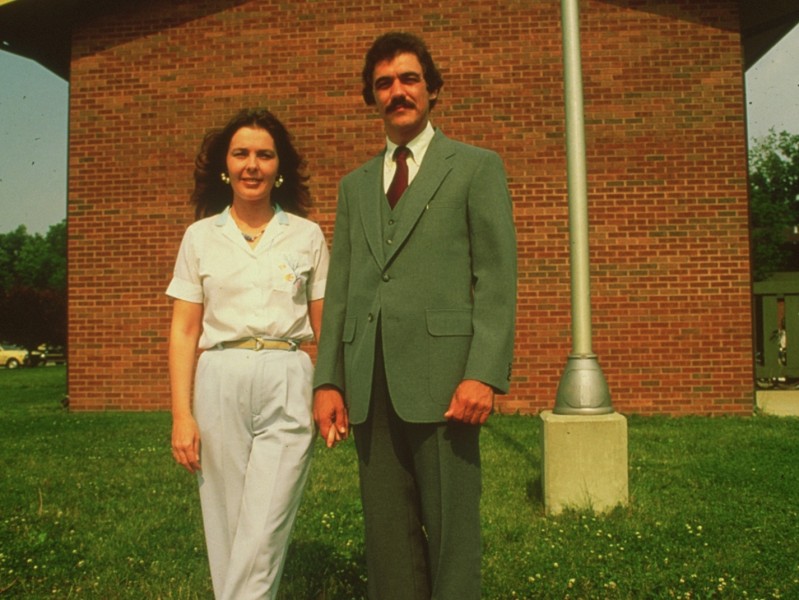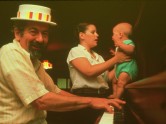


Middletown
The Middletown Film Project was formed in 1976 by Peter Davis and three Ball State University professors to research and conceive a series of documentaries in Muncie, Indiana. In 1979 and 1980, Davis assembled filmmakers for the six films. Having begun making films at CBS News in the 1960s, Davis received an Academy Award in 1975 for his documentary about the Vietnam War, Hearts and Minds. Inspired by the pioneering work of cultural anthropologists Robert and Helen Lynd, who had used Muncie as their own base, Davis wanted to present portraits of life in middle America. The Lynds' seminal work, Middletown: A Study in Contemporary American Culture, published in 1929, was an exhaustive report on social trends and behaviors in the Muncie of the 1920s, Muncie having been chosen as a presumably representative American community.
The Lynds oriented their research around six "main trunk" activities: earning a living, making a home, training the young, using leisure time, engaging in religious practices, and participating in community activities. Accordingly, the Middletown Film Project set out to make one documentary in each of these categories. The six films in the series were scheduled to be shown on PBS in the spring of 1982. The final film, Seventeen, proved too controversial for PBS and was never broadcast; it was released theatrically to critical acclaim three years later. Today, Middletown has taken a place comparable to that of An American Family (1973): an indelible, expansive and irreplaceable look at life in the United States. – David Pendleton






